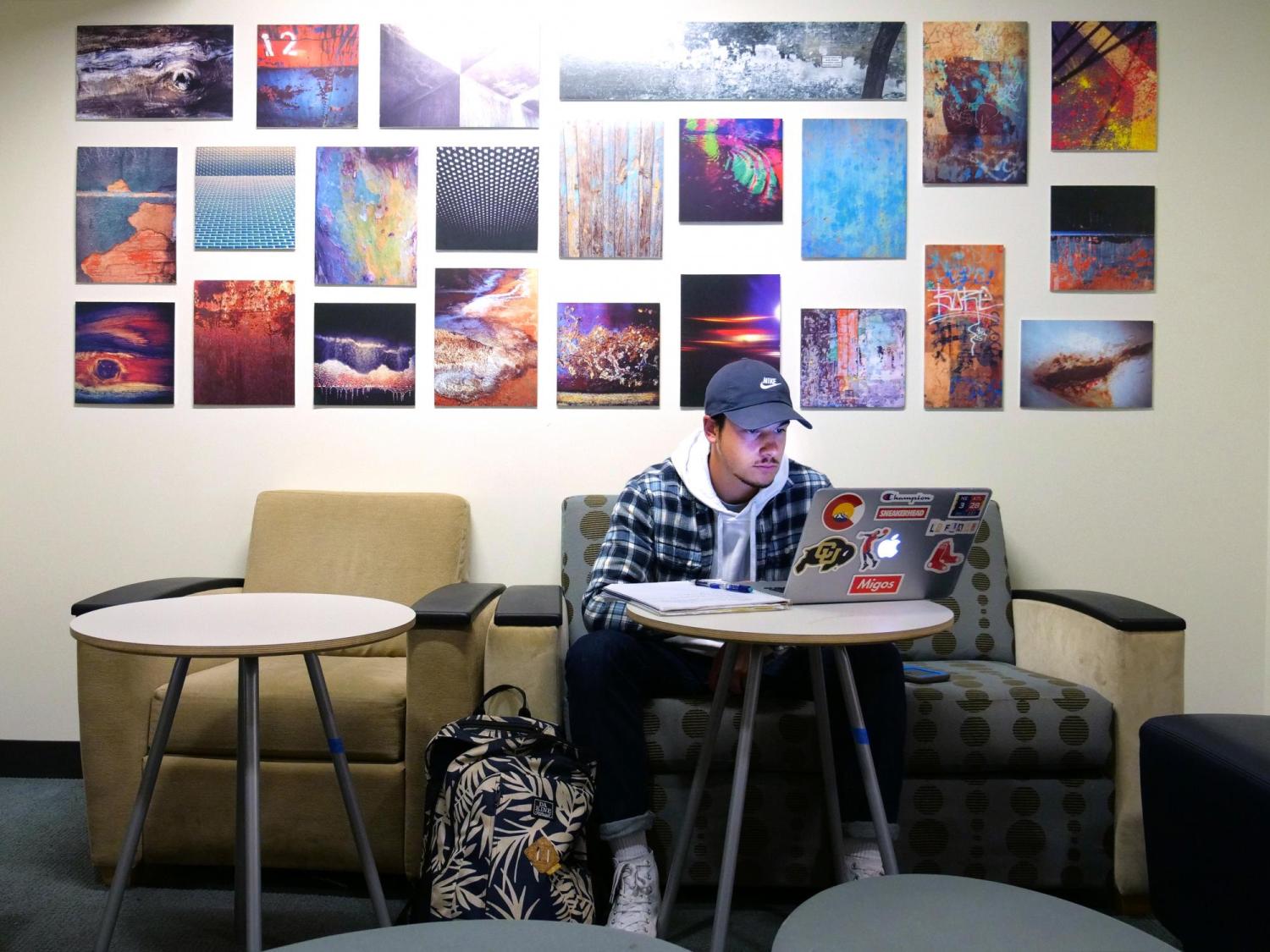Study hacks to help you get ready for midterms
Getting ready for college midterms for the first time might feel a bit overwhelming. But it’s possible to prepare without pulling all-nighters. With the right study strategies, you can stay focused and organized. Here are some tips to help you get ready for midterms.
Plan your study sessions
Sometimes the hardest part of studying is just getting started. Schedule out time in your week to study, and do your best to get started right away. Find a favorite place that can become your study spot, like a coffee shop, library or community room in your residence hall.
Prioritize what you study based on what will be on your exams, and start with the information you don’t know. If you aren’t sure what will be on your exams, visit your professor’s office hours to get clarification.
Know your learning style
Are you a visual learner? Do you remember things more when you hear them? Find your learning style—visual, aural, read/write or kinesthetic—by taking this learning style quiz. Depending on your style, here are some strategies that may work for you.
- Visual: Underline or highlight your notes. Look for videos, graphs or charts to further review information.
- Aural: Read your notes out loud and record them on your phone to listen to later. Talk over concepts with a classmate or study group.
- Read/write: Rewrite your notes. Look for less complex books or resources on the same subject to read.
- Kinesthetic: Think of real-world examples when reviewing your notes. Try to use as many of your senses as you can when studying.
- Academic coaching for Exploratory Studies students
- Academic Success & Achievement Program (ASAP) for free tutoring support
- The Writing Center for help writing a paper
- University Libraries consultations for research projects
Avoid burnout
Take care of yourself to stay balanced and keep your energy up. Aim to get 7 to 9 hours of sleep each night, eat regular and balanced meals and make time for physical activity. Taking regular breaks when studying or working on projects is a great way to recharge and avoid burnout.
Find help
If you’re stuck on a problem or a concept discussed in class, ask for help. Ask a classmate, visit office hours or a help lab, or join (or start!) a study group.
Take advantage of other free resources as well, such as academic coaching for Exploratory Studies students. If you live on-campus or are a first-year student, check out the Academic Success & Achievement Program (ASAP) for free tutoring support. If you need help writing a paper, visit The Writing Center. If you have a big research project, University Libraries offers consultations to help you get started.


